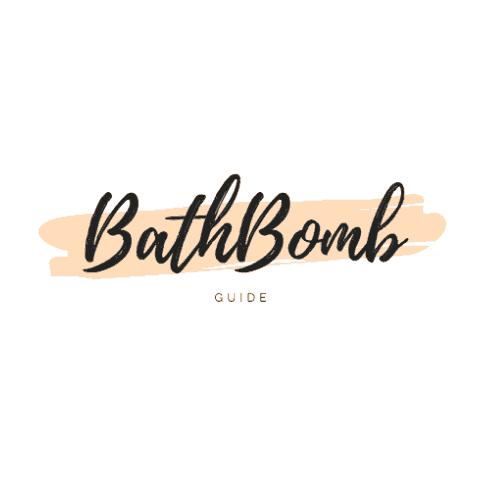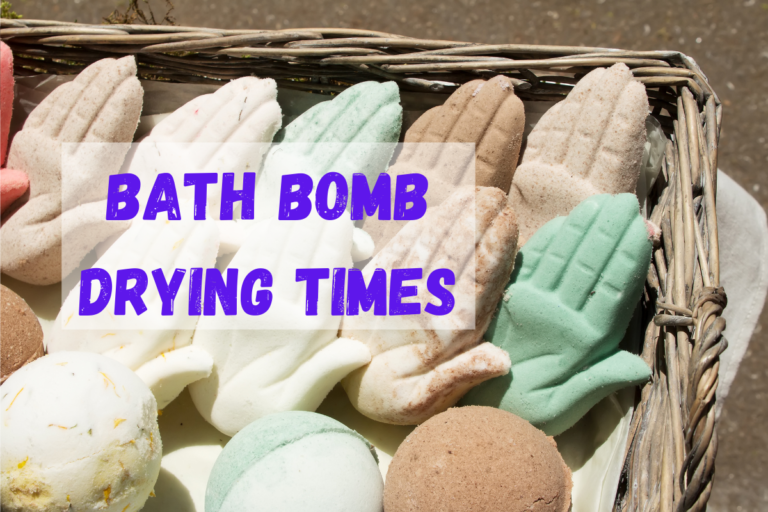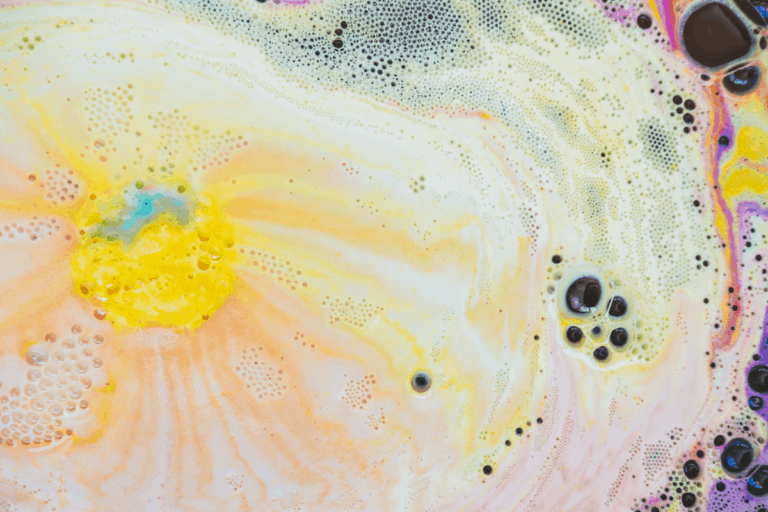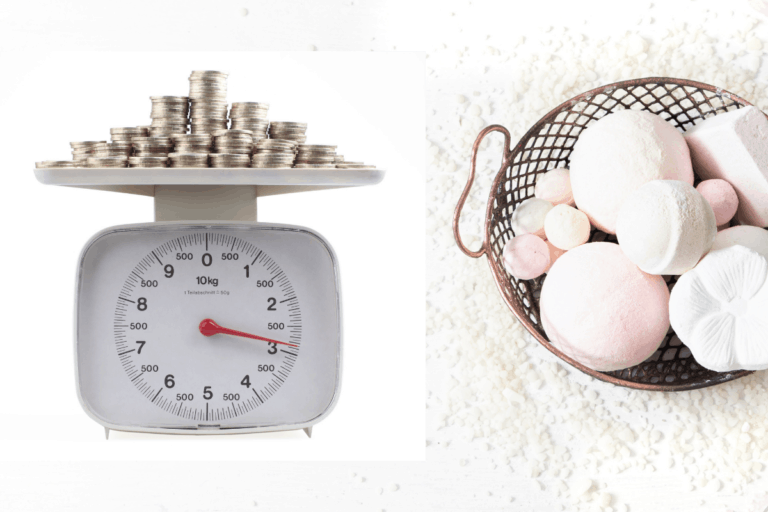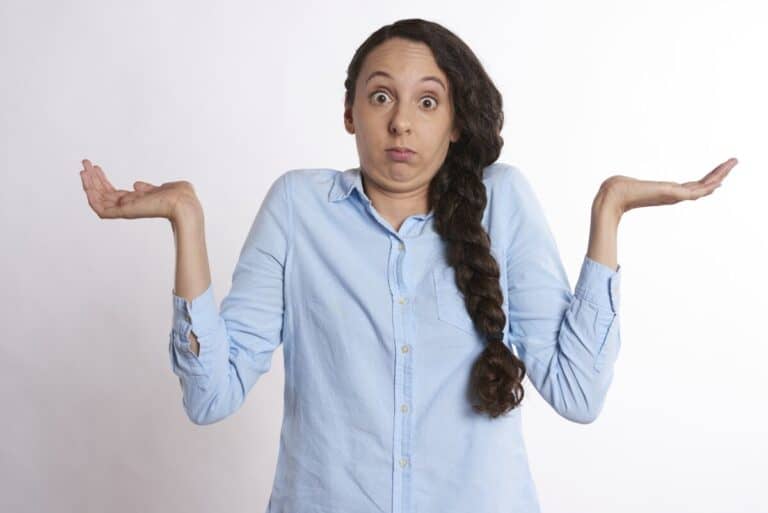Is it Legal to Sell Bath Bombs in the US?
You have perhaps been a hobbyist crafter at home but are now thinking about selling your bath bombs. Friends an family have enjoyed your products and have suggested you start a bath bomb business but is it legal to sell home made bath bombs in the US?
It is perfectly legal to sell bath bombs in the US. Follow the legal legislation in terms of labeling and have the required license for using specific additives and selling cosmetics from the FDA and Consumer Product Safety Commission.
This article looks a little further into the specifics of what is required when selling bath bombs in the US and whre to get advic and further help.
Please also consider more info is available in guides on site for ‘Are Bath Bombs Cosmetics‘ and ‘How to Start a Bath Bomb Business‘
Where Things Start to Get Complicated

To legally sell bath bombs in the US – even as a hobbyist – there are multiple hoops that you must jump through before you get down to business.
Determine What Type Of Products Your Bath Bombs Are
The regulations for selling Bath Bombs depend on the type of products that you are selling. Do your bath bombs qualify as cosmetics, or are they a drug?
If your bath bombs just clean the body or make the user smell good, they are cosmetic. Cosmetics do not require approval from the FDA before sale UNLESS they contain a color additive. (Color additives must have FDA approval.)
There is an FDA Voluntary Cosmetic Registration Program (VCRP) where cosmetic companies can register their products voluntarily to contribute to cosmetic safety research.
If your bath bombs make claims to treat or prevent symptoms or illness – for example, aromatherapy bath bombs – they are a drug. Drugs are subject to stricter regulations than simple cosmetics and must meet FDA approval for safety and effectiveness.

Why Not Just Label As A Cosmetic?
Since cosmetics do not require FDA approval, why not just label your bath bombs as a cosmetic?
The FDA can (and will) audit any cosmetic product on the market if there is reliable evidence that it is mislabeled or unsafe when used according to labeled directions or used customarily.
What If A Bath Bomb is A Drug And A Cosmetic?
If your bath bombs offer cosmetic benefits and medical benefits, they must meet the regulatory requirements of both product categories.
Cosmetic Regulation
If your bath bombs are cosmetic only, the Federal Food, Drug, and Cosmetic Act requires that they be properly branded and be unadulterated.
Misbranded Products
The FD;C Act classifies any cosmetic as misbranded if
- The label is misleading in any way.
- The label makes false claims or contains false information.
- The packaging does not feature
- The name and address of the distributor, packer, and manufacturer.
- The weight, numerical count, or measure of the product.
- Statements, text, or other required information is difficult to read or understand.
- The container is filled, made, or formed misleadingly.
- The product contains a color additive.
- The package or label violates section 3 or 4 of the Poison Prevention Act of 1970.
Adulterated Products
The FD;C Act classifies any cosmetic as being adulterated if
- If it contains any substance that makes it harmful or poisonous to users when used in a customary fashion or according to product directions.
- If it incorporates any “decomposed, putrid, or filthy” substance (source).
- If held, packed, or prepared in unsanitary conditions.
- If the container of the product contains any substance that is dangerous to a customer’s health.
- If it incorporates an unsafe color additive.
Product testing before selling is not necessary for cosmetics, but it is your responsibility to ensure that your products are unadulterated and properly labeled.
Drug Regulation
If your bath bombs are drugs, they must be FDA approved for effectiveness as well as safety. For this, the FDA requires that you
- Get premarket approval for your bath bombs from the FDA
- Ensure that manufacturing meets drug manufacturing regulations
- Ensure that manufacturing is in an approved manufacturing facility.
FDA approval is a costly and time-consuming process. There are businesses that will take care of the approval process for you for a fee. If you have the funds, this is a worthwhile investment.
Labeling
The FDA regulates the labeling of cosmetic products via the Federal Food, Drug, and Cosmetic Act (FD;C Act) and the Fair Packaging and Labeling Act (FPLA).
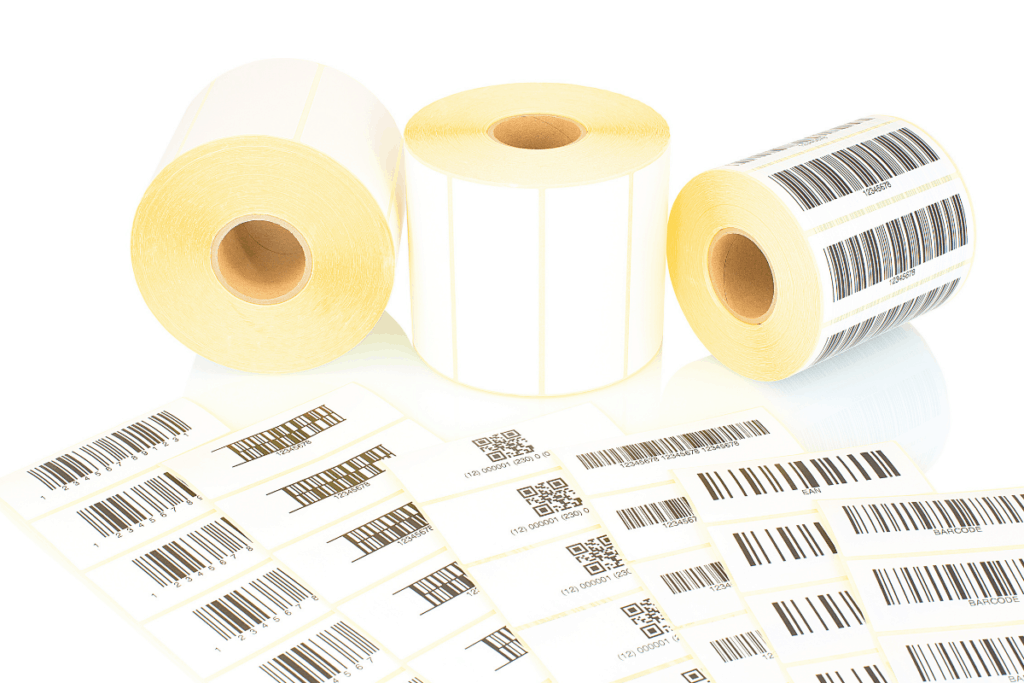
- Cosmetic labels must feature.
- What the product is and what its uses are.
- The contents of the container (including the weight, number, or measure.)
- An information panel that includes.
- Name and address of the business.
- Distributor statement.
- Material facts.
- Cautions and warnings.
- Ingredients.
In addition to the above, drug labels must also feature
- Active ingredients and the amount in each product application.
- What condition the product is for.
- The indications for the product.
- Any warnings or cautions.
- When, how, and how often to use the product.
- The inactive ingredients.
Product Licensing
The FDA does not require cosmetic firms have product licenses, but your city, county, or state may have regulations that you must follow. The best way to find out about these regulations is to contact your local Small Business Administration.
The FDA requires that all OTC drug products get registered and listed with them. More information is available on this process at the FDA website.
Business Licensing

To sell your bath bombs, you must also obtain a business license. A business license requires you to have a business name and a federal tax ID number or EIN.
Once you get this information, you need to register your business name with your state for a business license. Your business license allows you to do business in your state, county, or city.
A Sellers Permit
You will also need a seller’s permit. A seller’s permit, AKA a sales tax permit, lets the government collect sales tax on transactions made by your business.
Insurance

Lastly, but no less important, and possibly moreso, before selling your bath bombs, you need to invest in an insurance policy that covers your property as well as liability.
Property insurance covers your property against damage, where liability insurance covers your business in the event of a lawsuit.
Is It All Necessary?
Although there are several steps involved in setting up a company and selling bath bombs legally, they are ALL necessary. Failure to abide by any of the requirements above can cost you a small fortune and even cause you to lose your business.
Take the time to do things right so that if the FDA does come calling, you will be ready.

References
https://www.modernsoapmaking.com/follow-the-labeling-rules-and-cosmetics-regulations/
Further Reading on Selling Bath Bombs
I have a couple more articles surrounding questions about moving your DIY home made bath bombs to a more commercial venture, including how figure out how much a bath bomb costs to make and how much to sell a bath bomb.
A dedicated guide to whether bath bombs are considered cosmetics.
If you are happy you can fulfill all of these requirements when you start selling the bath bombs you might need to consider how to present your bath bombs to make them as attractive to buyers as you can. I’ve also tips on bath bomb wrapping and shipping tips too.
If following all of this you feel daunted about making DIY bath bombs and selling them for profit, do not worry. While it seems complicated to begin with you’ll soon find that following simple instructions from the authorities will have you on your way to making a successful go of it, and you never know, you may be the next LushUSA or Da Bomb on the market.
BathBombGuide wishes you the best of luck.
